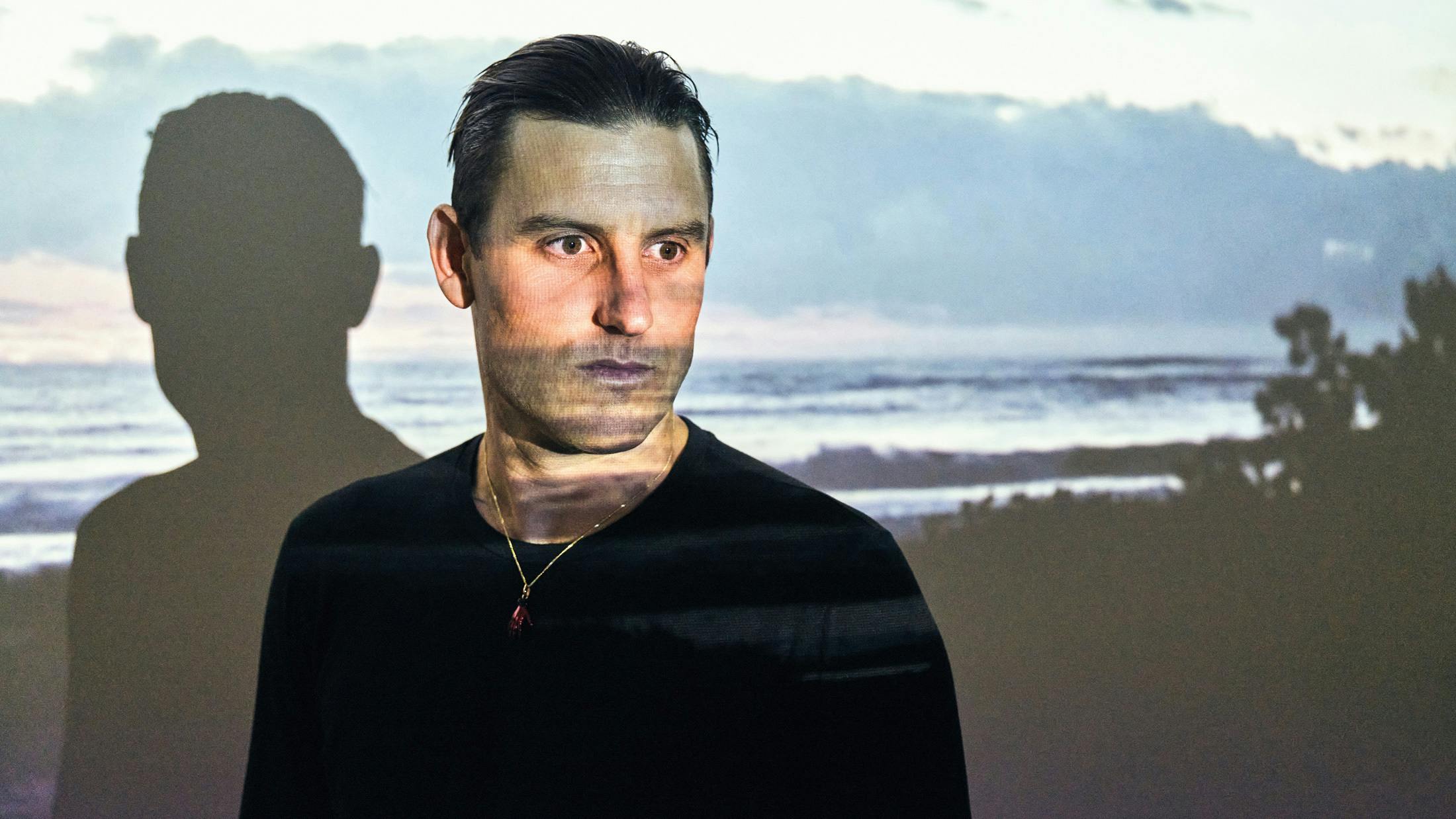That term has long been synonymous with Parkway Drive, ever since the song Wild Eyes from 2012 album Atlas featured the immortal line, ‘Viva the underdogs’. Soon it became a war cry, and now it’s the title of their new documentary movie. The feature-length doc follows the band on their landmark summer trek across Europe to their climax at Wacken – from initial planning meetings about ambitious pyrotechnics to its eventual execution – glued together with candid footage of what it’s really like within the touring machine.
“Over the past couple of years people are flocking to see movies about the rock industry – Bohemian Rhapsody, Rocketman, The Dirt – from an era that predates the digital revolution,” says Winston. “While there might be a bunch of fans from back then who can relate to that, we wanted to put out something that would make people go, ‘Oh, this is what it’s like being in a band.’
“It might not be a story of private jets, piles of coke and spiralling into madness, but it’s real.”
Viva The Underdogs is Parkway’s third documentary, following on from 2012’s Home Is For The Heartless. A lot has changed in that time, however, most noticeably the sheer scale of their operation these days.
“You rock up to the first production meeting for the tour with the same five guys that you shared vans and scrounged for food with back in the day, and then you look around and 48 other people are now involved, and you think, ‘Fuck! This is big.’”
Frankly, it’s staggering that Parkway have even made it this far. Not through lack of talent or ambition, but circumstance and adversity. When the band started, their hometown had the highest unemployment rate in all of Australia. Back then, Winston was flipping burgers in a café, Ben (Gordon, drums) and Jia (O’Connor, bass) were washing dishes in a pizza shop, while Jeff (Ling, guitar) worked in a video store and Luke (Kilpatrick, guitar) was growing wheatgrass for a juice company.
They had to make a choice. Nobody was going to keep those day jobs on hold for them while they toured, so in order to live they’d have to gig as much as humanly possible.
“We had nothing and we came from nothing,” says Winston bluntly. “I’m not gonna have a career in my town, it’s not like there’s industry there, and none of us wanted to move to a big city. So we figured, ‘Why not try this thing and make it work? It brings us joy.’”
